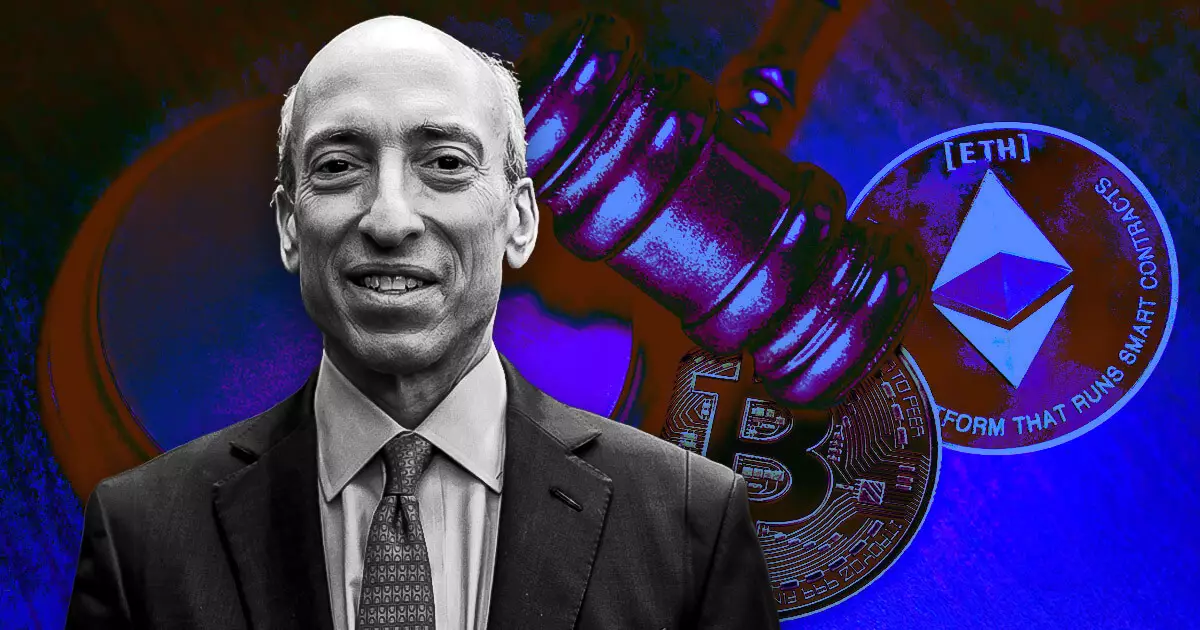The ongoing evolution of cryptocurrency regulations in the United States, mainly influenced by the actions of the Securities and Exchange Commission (SEC), has become a focal point for investors and industry stakeholders. Recently, reports have indicated that the SEC is poised to reject two proposed exchange-traded funds (ETFs) based on Solana (SOL). This anticipated refusal has raised several questions regarding the regulatory landscape, the impact on crypto investments, and what it means for potential future approvals under a new chair.
The Role of SEC Chair Gary Gensler
Chair Gary Gensler’s tenure at the helm of the SEC has been marked by a stringent approach to cryptocurrency regulation. Bloomberg ETF analyst Eric Balchunas characterized Gensler’s expected rejection of the Solana ETF applications as his “parting gift” to the crypto community as he is set to step down in January 2025. This label suggests that Gensler, facing significant scrutiny for his proactive stance on crypto regulations, may be solidifying a legacy marked by resistance to crypto market innovations. With only a few months remaining, it seems he is committed to an uncompromising enforcement of existing regulations.
Gensler’s management style has often been characterized by a protective yet controversial view towards digital assets. As evidenced by recent discussions, there is skepticism surrounding the SEC’s role in defining cryptocurrencies, with many viewing the current regulatory framework as fragmented and often contradictory. The fact that the SEC continues to classify Solana and other cryptocurrencies as securities in various lawsuits complicates the approval of related financial products such as ETFs, leaving potential issuers in a state of limbo.
The situation is further compounded by the expectation that the next SEC chair, Paul Atkins, will take a different approach toward cryptocurrency regulations. Given that Atkins was recently confirmed by President-elect Donald Trump, analysts like Balchunas are hopeful that once he assumes office, ETF issuers will reapply for Solana-related products. However, the implications of Gensler’s tenure will linger, affecting how the new administration navigates existing lawsuits and market sentiments.
In fact, James Seyffart from Bloomberg has pointed out that these ETF applications are likely to remain “dead in the water” until a clearer regulatory path is established. Until the SEC clarifies its stance, the timeline for ETF approvals could extend significantly, potentially pushing deadlines further into the future—predictions suggest August 2025 as the earliest reasonable target.
The SEC’s maneuvering has not only stalled the progress of Solana ETFs but has also sparked broader conversations about the crypto market’s development and the legitimacy of various tokens. The recent legal efforts against Binance and their implications on investor confidence and market stability reflect a turbulent environment where uncertainties loom large. Market participants, including industry veterans, have expressed frustration at the lack of clarity and consistency from regulatory bodies, leading to diminished market engagement.
As the crypto world braces for changes in leadership and potential shifts in regulatory approaches, stakeholders are left contemplating how the actions of the SEC can shape the future of digital asset trading and investment strategies. Until a decisive regulatory framework emerges, the potential of Solana ETFs and similar products remains a poignant reminder of the complexities that envelop the evolving landscape of cryptocurrency finance.


















